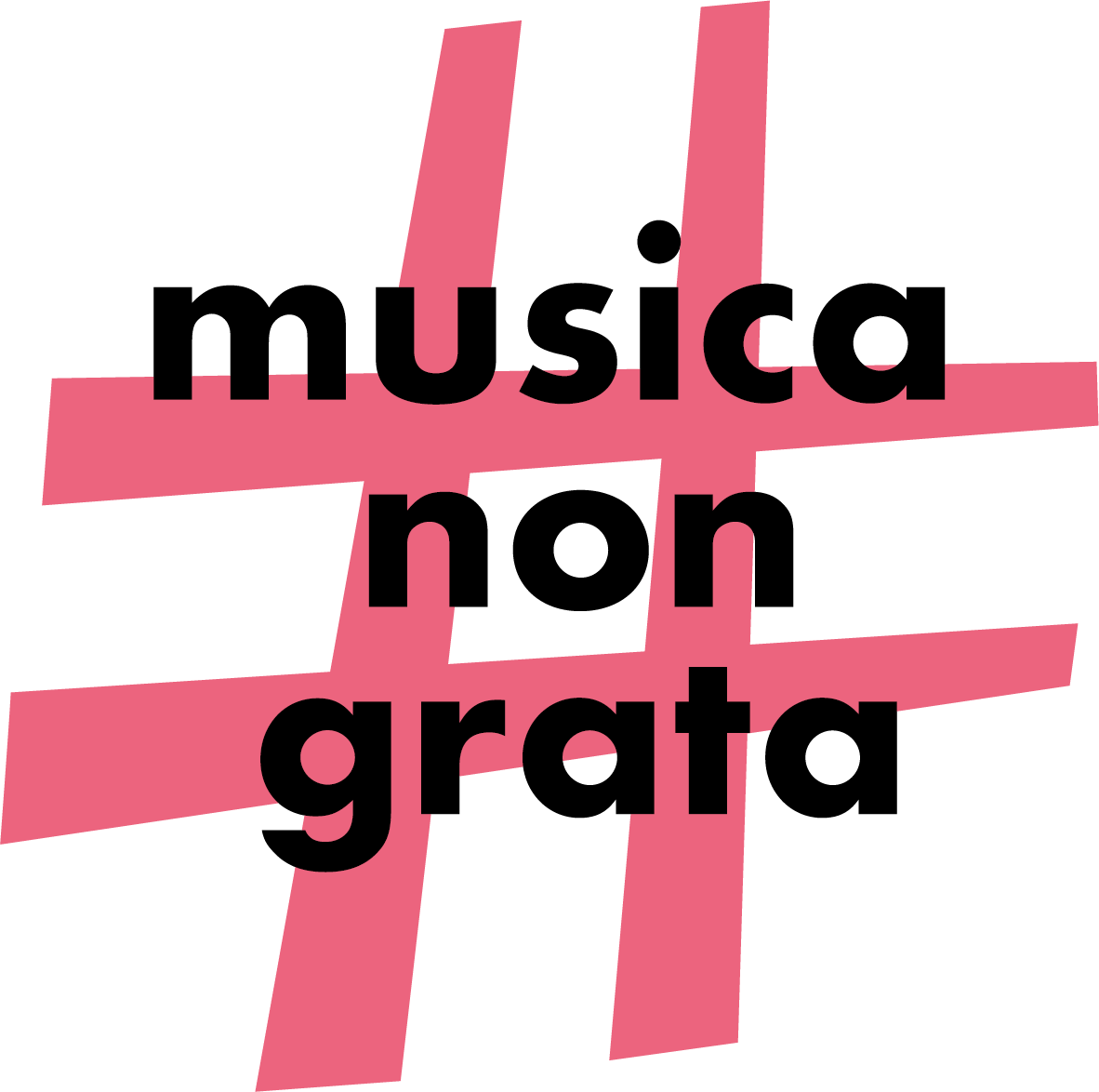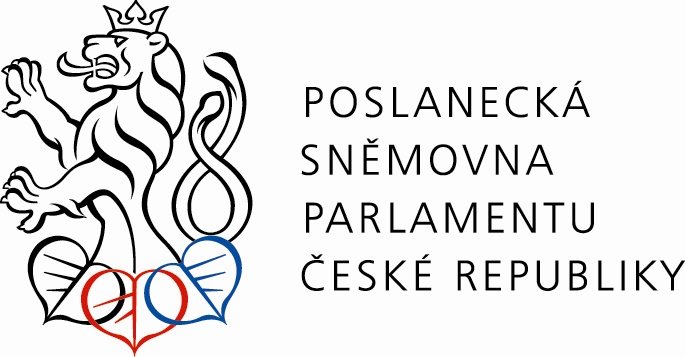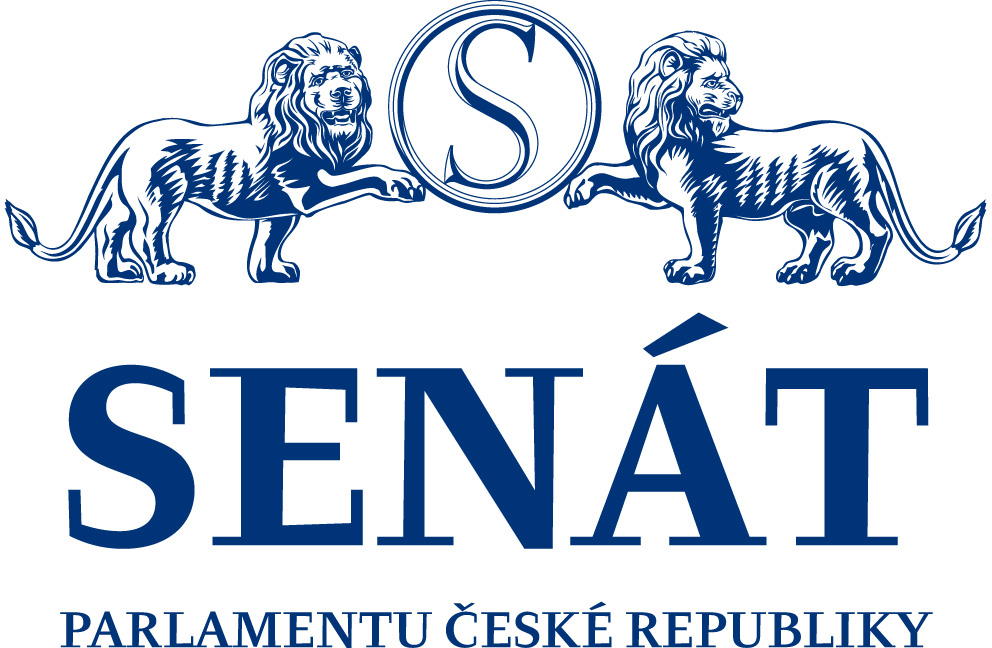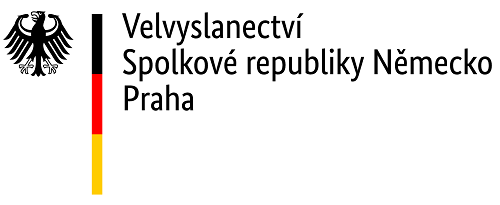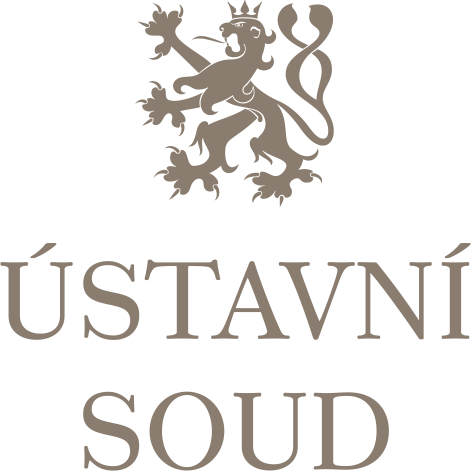Ludmila Pavlová – violin
Martin Cába – guitar
Martin Šulc – accordion
Petra Zábrodská – recital
From Fairy Tale to Fairy Tale
“If Václav Trojan had traveled to America, he would be a famous film composer today, like John Williams or Hans Zimmer.” This is how leading Czech artists describe Václav Trojan’s work. Václav Trojan closely collaborated with puppeteer and film director Jiří Trnka on puppet films such as The Emperor’s Nightingale, Prince Bajaja, or A Midsummer Night's Dream... Václav Trojan was fond of the accordion, and to this day, his compositions are considered among the most valuable treasures of the world’s accordion music. Trojan attempted to combine three completely different instruments – guitar, accordion, and violin – and the leading performers of these instruments at the time – Milan Zelenka, Milan Bláha, and Alexej Mádle. Based on this successful experiment, these artists performed Trojan’s compositions at EXPO 58 in Brussels. Many Czech composers subsequently dedicated their works to this ensemble. During this concert, two of Trojan's fairy tale suites will be performed – Prince Bajaja and The Emperor’s Nightingale.
Program:
Václav Trojan – Prince Bajaja
Sad Kingdom
Bajaja sets out to rescue the princess
I sing to you, unhappy princess
Knightly games
At the royal castle
Princess's sorrow
Welcoming guests
Jugglers and jesters
Bajaja's fight with the dragon and the princess's happy rescue
Intermission
Václav Trojan – The Emperor’s Nightingale
Storytelling
Through the Chinese landscape
Nightingale's concert
Chinese post
The emperor’s swans
Dressing ceremony
The emperor’s march
Mechanical nightingale
The emperor falls ill
The emperor’s recovery and wisdom
Václav Trojan always had the ability to tell a story through music, a gift he brilliantly applied in his music for animated and puppet films, especially in collaboration with Jiří Trnka. The film The Emperor’s Nightingale from 1948, based on the fairy tale by Hans Christian Andersen, was one of Trnka’s first feature-length puppet films; the screenplay was also co-written by Jiří Brdečka and Vítězslav Nezval, who wrote the introductory text. That text was ultimately not used, but for the French distribution, the film was supplemented with a commentary by Jean Cocteau, and in the English version, commentary was provided by Phyllis McGinley. The film won numerous international awards, at the Locarno International Film Festival, in New York, as well as awards from the American Film Board and French film critics, among others. The film was not merely a dramatization and visualization of Andersen's fairy tale; the story was brought into (then) modern times, juxtaposing the civilian world with a child's dream.
The film based on Božena Němcová’s fairy tale Prince Bajaja was made in 1950, and once again, in addition to Jiří Trnka, other authors contributed to the screenplay, with verses by Vítězslav Nezval. This film also garnered numerous awards, winning the Film Critics Award and the Best Long Puppet Film Award at the 5th International Film Festival in Karlovy Vary in the year of its release, and four years later, it was honored at the Locarno Film Festival with the Golden Leopard award.
Václav Trojan adapted much of his film music into orchestral suites, which have been and continue to be performed in concert. He had a great love for the accordion, and it was certainly not difficult to persuade him to adapt his music for Jiří Trnka’s films into chamber arrangements as well. These arrangements enriched the repertoire of the Trio pro musica moderna, a group with an unusual combination of instruments, founded in 1977, consisting of violin (Alexej Mádle), guitar (Milan Zelenka), and accordion (Ladislav Kníže, later Milan Bláha).
Ludmila Pavlová is a three-time winner of the Josef Muzika International Violin Competition in Nová Paka. At the age of 13, she made her debut at Prague’s Rudolfinum with Josef Suk as part of the concert series "Josef Suk Presents Young Talents," and a year later, she performed Mendelssohn's Violin Concerto in E minor in the United Arab Emirates. In 2014, she became the winner of the Václav Hudeček Academy in Luhačovice. As a scholarship recipient of the Dvořák Society in London, she made her debut in the UK in 2018. In 2018, she became the absolute winner of the International Violin Competition in honor of Váša Příhoda, "New European Talents," and a laureate of the Bohuslav Martinů Competition, winning the prize for the best interpretation of Bohuslav Martinů's work and the Jaroslav and Zorka Zich Foundation Award. In June 2019, she won the gold medal at the 4th Manhattan International Music Competition. Ludmila Pavlová conducted research on relaxation techniques for violinists and their application in the interpretation of 20th and 21st-century music as part of her doctorate at the Academy of Performing Arts in Prague. Since 2023, she has been applying her experience and research results as a teacher at AMU. In 2016, she founded the Podkrkonošské Hudební Léto festival and serves as its artistic director. Since 2023, she has been the concertmaster and simultaneously conductor of the Prague Chamber Orchestra.
Martin Cába won 1st prize at the Grand Prix competition at the International Guitar Competition in Bratislava (Slovakia) in 2018, and also achieved success at the International Biennale Guitar Interpretation Competition in Kutná Hora, Forum Gitarre Wien (Austria), and Budapest International Guitar Competition (Hungary). He participated in courses with world-renowned guitarists and completed his master's studies at the Academy of Performing Arts in Prague with Petr Saidl and Pavel Steidl. He is currently pursuing doctoral studies, focusing on the guitar works of 20th-century Czech composer Jana Obrovská. His goal is to promote Czech 20th-century guitar music in the context of world musical literature. Martin Cába collaborates with prominent artists and ensembles such as the Pilsen Philharmonic, Apollon Quartet, Consortium Musicum, and the chamber ensemble Barocco Sempre Giovane. He teaches at the Jižní Město Music School and the Jan Deyl Conservatory in Prague. Since 2016, he has been performing with his wife Eliška as the guitar Duo Mareli.
Martin Šulc successfully participated in the national competition of basic art schools in 2011. He won the Talent of the South Bohemian Region award in 2013 and followed it up with awards from international competitions at home and abroad. In 2017, he entered the Prague Conservatory, and the following year, he won 1st prize at the International Accordion Days in Prague. He also won the international competition in Alcobaça, Portugal, and reached the finals of worldwide competitions in Shenzhen (China) and Castelfidardo (Italy). A remarkable success was winning the Gold Awards at the International Accordion Video Competition in New Zealand. In 2020, after a successful casting organized by Czech Television, he made it to the finals of the Virtuosos V4+ television competition in Budapest, where he won 1st prize. He graduated from the Prague Conservatory in 2023, and in the same year, he became a three-time winner in his category at the National Accordion Competition in Dobřany, earning a nomination for the worldwide CMA accordion competition. He represented the Czech Republic at the worldwide selection competition of the Società Umanitaria in Milan, where he reached the semifinals. Martin Šulc's achievements helped him secure a scholarship from the VIZE 97 Foundation, opening the door to major stages and collaboration with leading Czech musicians.
Petra Zábrodská is a student of the music and drama department at the Prague Conservatory. Since childhood, she has demonstrated versatility, pursuing singing, theater, film, and dubbing. She is currently performing in the musical Goldilocks at the Karlín Music Theater and in various productions at the Na Rejdišti Theater. She has appeared in several student films and television series. She won the Actor’s Association Award (Vladimír Justl Award) and became a laureate of the 60th anniversary competition of Poděbrady Poetry Days in the 1st category.
Václav Trojan (1907–1983) studied composition with Jaroslav Křička, Josef Suk, and Vítězslav Novák, and also took courses with Alois Hába and Erwin Schulhoff. He composed numerous incidental music scores for plays, including for productions at the National Theatre in Prague, such as Václav Kliment Klicpera's comedy The Evil Deer, Alois Jirásek's The Lantern, and Fráňa Šrámek's August Sunday. He composed music for live-action films such as Once Upon a Time, There Was a King and The Last Rose from Casanova. He became famous for his work in film, particularly for his music for Jiří Trnka’s animated films. His first collaboration with Trnka was the animated fairy tale How the Grandfather Planted a Beet. After Jiří Trnka founded the Puppet Film Studio, Václav Trojan composed the music for his first feature-length film The Emperor’s Nightingale in 1948, followed by Prince Bajaja, Old Czech Legends, The Good Soldier Švejk, and A Midsummer Night's Dream. Václav Trojan's style was based on neoclassicism, and he remained faithful to it; his music is humorous and enriched with folkloric elements. He applied these in his children's opera The Carousel, which he completed just before the outbreak of World War II, although it was not premiered until 1960 in Ostrava. He also used them in the stage poem The Golden Gate, as well as in the popular Wind Quintet on Folk Song Themes. He worked as a music director for Czech Radio and taught film music at the Academy of Performing Arts.
Literature Museum Building
During the last quarter of the 19th and the first quarter of the 20th centuries, three villas were gradually built in Bubeneč, Prague 6, whose builders were members of the banker and industrialist Petschek family. The so-called third Petschek Villa No. 44 was built between 1929–1930 for Marianne Gellert, the second daughter of Julius Petschek. However, the house on this site has a much longer history and is associated with the development of Bubeneč as a residential district from the last third of the 19th century. The first house was built here in 1793.
Architect Max Spielmann designed the house in an eclectic style, characterized by the use and imitation of elements from various, often contradictory, artistic styles, with a predominant neo-baroque style. The original design was intended for the owner Wolf-Zdekauer, but in 1928 the building permit was granted to Marianne (Mitzi) Gellert. The architect of the actual construction is not known.
The Otto Petschek Villa, built between 1924-1929, serves as the residence of the US ambassador, and the Friedrich Petschek Villa, from 1927-1930, is now the embassy of the Russian Federation.
In 1938, the Petschek family was forced to emigrate to England, and their property was confiscated. Since 1957, the villa was used by the Chinese embassy, which carried out an insensitive reconstruction, leaving none of the original interior layout preserved. In 2005, the Czech government transferred the building to the National Literary Memorial, which conducted a complete renovation between 2017–2021. It is now home to the Museum of Literature.
